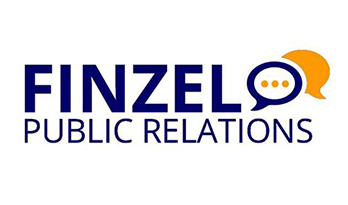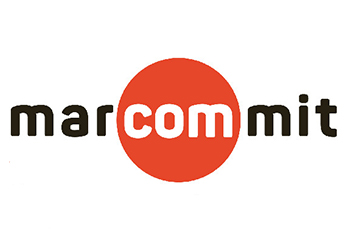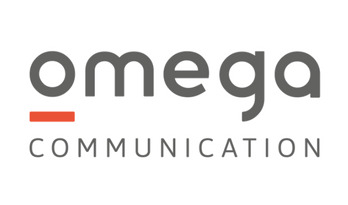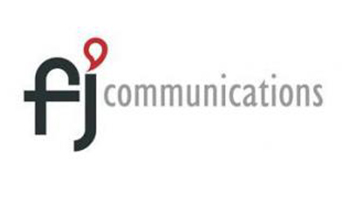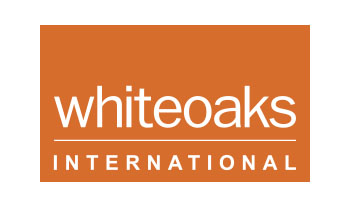It’s not all bad news
It’s a sad but true fact that it often takes a disaster or calamitous event for real change to happen. Like when new safety measures are hurriedly imposed after a fire, despite the fact that experts had been warning long beforehand that they were needed. It seems, at least for now, that it has taken the catastrophe of the global pandemic and its far-reaching effects in our personal and work lives for business leaders to become aware and focus their minds on the real value of PR.
All too often, PR makes up a small percentage of global marketing budgets, with advertising and events making up by far the largest part of total marketing spend. Despite PR being demonstrably better value for money in the long term. That has all changed drastically this year with most media reporting that advertising-income has plummeted as a result of the pandemic and the events industry, for obvious reasons, has all but evaporated overnight. I ran into a friend in the supermarket the other day – he runs an event management agency and I hadn’t seen him since the first lockdown. I asked him how business was, to which he replied that he had had to close it down
This made me feel slightly uncomfortable because exactly the opposite has happened to our business since the start of the crisis and it’s not hard to see that a significant part of the client revenue he used to enjoy is now being diverted to PR agencies like ours. As our partners correctly imply in their blog posts below, it is now more critical than ever for businesses to invest in communication. On the one hand in order to reassure their target audiences, clients, partners, employees and other stakeholders about what their organisation is doing to mitigate the effects of the constantly changing situation. And on the other hand, because most forward-thinking businesses will be aware that investing in reaching out to their audiences now will provide greater returns, once life returns to something resembling normal in the future. Also, it will help position them favourably against competitors who perhaps decided not to continue their communication plans for the moment.
Those businesses that recognise this are turning to PR as one of the most viable alternatives to advertising, especially tech companies. The global pandemic has forced an acceleration in the adoption of digital technologies which in many cases were already out there in the market but struggling to gain recognition. Automation, video streaming, cloud storage, Big Data, e-commerce, video conferencing – all are enjoying a boom in awareness and media interest due to the pandemic and after many years of advocating for technology to be put at the centre of achieving digital transformation. Vendors in these areas are now the absolute protagonists.
And it is the acceptance of these digital technologies within the context of the global pandemic, which is providing us with innumerable storytelling. Use case stories with human interest that help us reach out to media we were unable to approach before. Such as how automation is helping businesses cope with safety restrictions in the workplace and labour shortages, boutique retailers forced by circumstances to adopt e-commerce to sell their wares and who are now selling more than ever. Video conferencing platforms helping families and friends keep in touch during lockdown and periods of isolation, and so on.
The Covid crisis has been undeniably catastrophic for the world in so many ways, with millions losing loved ones or suffering the long term effects of having caught the virus themselves. And so many others, like the friend I met in the supermarket, whose businesses and livelihoods have been destroyed. But if you look hard, one can see many positives to come out of this – changes that have presented us with an opportunity to re-evaluate the way we live and the way we do business and maybe, just maybe, find ourselves living in a better world when this is all over. How remote working has allowed so many to recover the time they used to waste commuting to the office and as a result reconnect with their homes and family lives is just one example of this.
For my part I hope that companies will continue to appreciate PR for the valuable tool that it is even after the crisis comes to an end, marketing activities such as events and trade shows become workable again and they have to decide where to assign budget.
By Piers Finzel, Managing Director, Finzel PR

